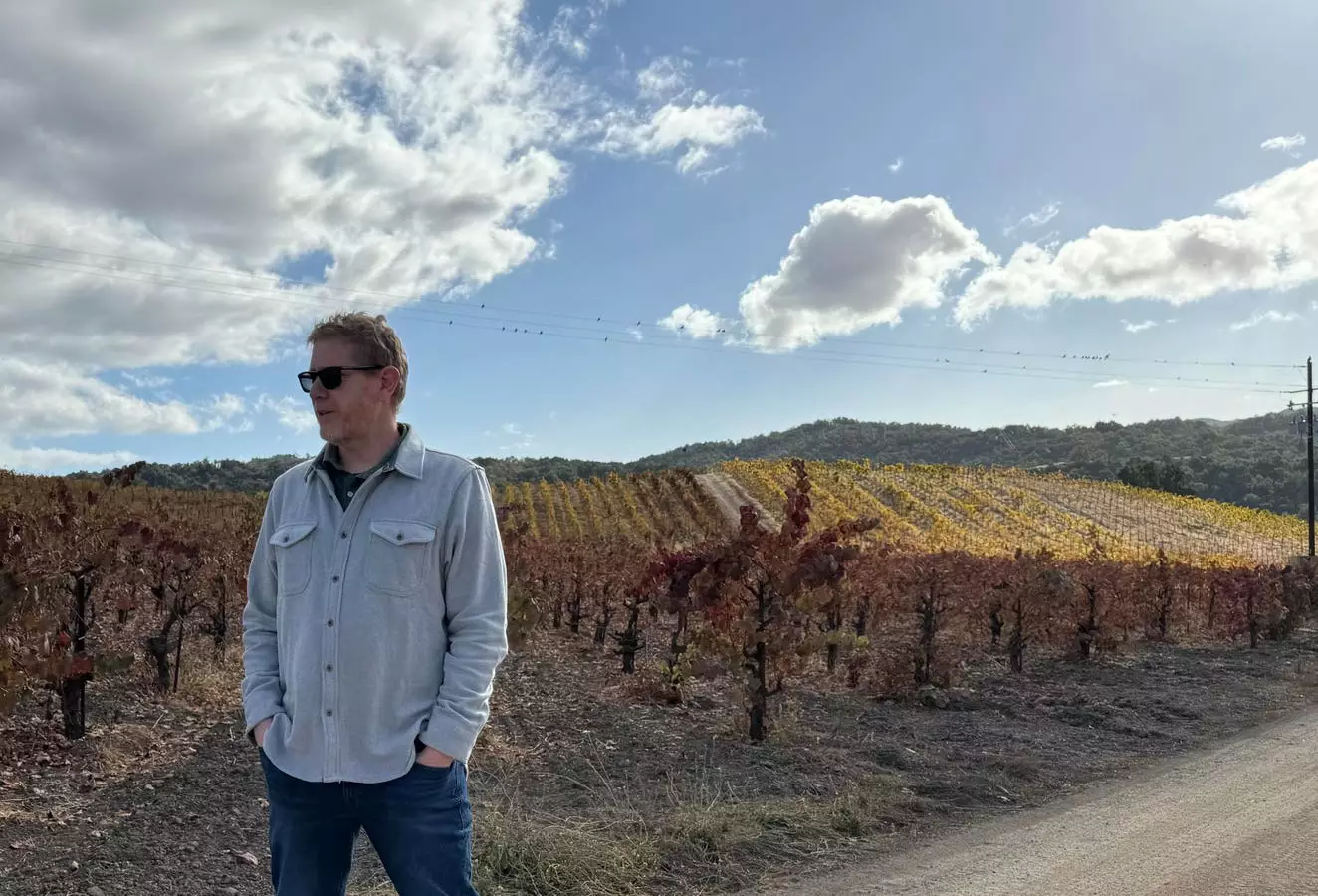In a world where climate change and environmentally-friendly practices are becoming increasingly important, the wine industry stands at a crossroads. Among the pioneers of sustainable viticulture is Tablas Creek Vineyard, a shining example of how mindful practices can yield exceptional wine without compromising nature. This article delves into their innovative practices, the philosophy underpinning their success, and the ripple effects they create across the winemaking community.
Tablas Creek Vineyard has gained international recognition, not only for the quality of its wines but also for its groundbreaking approaches to packaging. The vineyard broke new ground in the U.S. wine market with the introduction of high-end bag-in-box (BiB) wines, merging quality with eco-conscious packaging. This move heralded a new era for wine consumers who are increasingly favoring sustainable alternatives. BiB wines embody convenience and reduced waste, prompting enthusiasts to rethink their preconceived notions about box wines. As a powerful advocate for alternative packaging, Tablas Creek has been instrumental in shifting industry norms.
A Gateway to Biodynamic Practices
During a recent visit to Tablas Creek, I was welcomed by Jason Haas, whose passion for sustainable viticulture was evident as we toured the vast vineyard. The tour provided insights into their commitment to biodynamic and regenerative organic farming practices. These methods enhance the soil’s health and biodiversity, leading to wines that reflect the terroir in its purest form. The partnership between the Perrin family of Château de Beaucastel and the Haas family of Vineyard Brands has led to a rich exchange of agricultural wisdom. While they strive to replicate the esteemed winemaking traditions of Châteauneuf-du-Pape in their California vineyard, they have also enriched their French counterparts with lessons on modern vineyard management techniques.
Sustainability is interwoven into the fabric of Tablas Creek’s operations, with Jason affirming that the organization’s values attract employees committed to these principles. This self-selecting culture fosters an environment where sustainability is not merely a policy but a shared mission. The proactive stance taken by Tablas Creek encourages other wineries within the region to reconsider their practices, propelled by the firm’s reputation as a sustainability leader.
The Sharing of Knowledge in the Wine Industry
Tablas Creek is not only a local pioneer but also an influential mentor within the global wine community. Their commitment to organic and biodynamic farming practices positions them as a role model for numerous producers, especially those in burgeoning wine regions like Texas. Jason Haas is an active participant in the Rhone Rangers, an organization dedicated to promoting Rhône varietals in the U.S., thus forging vital connections between established and emerging wineries.
The Texas wine industry has recently undergone significant growth, particularly in the production of Rhône varietals—thanks in part to resources provided by Tablas Creek. As Jason shares his expertise and practices, Texas winemakers are enhancing their techniques and fruit quality. The recognition received by Texas wines at prestigious tastings underscores the progress that has been made, highlighting not only the quality of the wines but also the ripple effect created by the mentorship and insights from Tablas Creek.
As the winemaking industry becomes more eco-conscious, the ethos cultivated at Tablas Creek prompts other regions to raise the bar. Collaboration and communal efforts toward sustainability are becoming increasingly common within the Texas wine community. The idea of seeking sustainability and organic certifications presents an opportunity for winemakers to innovate and expand their practices. As Jason articulated, these certifications should act as a “reach activity,” challenging producers to continuously improve rather than simply rest on their laurels after achieving a label. This philosophy embodies the essence of sustainability—constantly striving for improvement and innovation.
The intricate tapestry of sustainability, quality, and education woven at Tablas Creek Vineyard serves as a model for other wineries worldwide. As the effects of climate change intensify, the industry will need to adopt these pioneering practices more widely. Tablas Creek Vineyard’s commitment to sustainable viticulture not only enhances the quality of their wines but also nurtures a broader movement towards environmentally-responsible winemaking. The example being set by Jason Haas and his team inspires both established vintners and newcomers alike to embrace sustainability as an inherent value rather than merely an afterthought. Ultimately, Tablas Creek is more than just a vineyard; it is a beacon of hope for the future of the wine industry.

